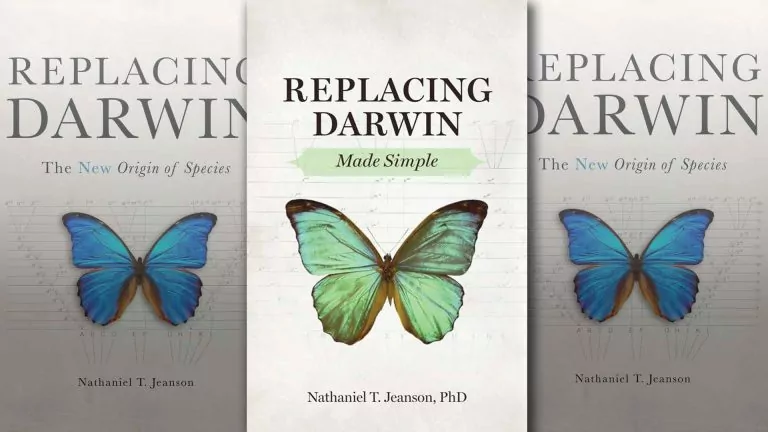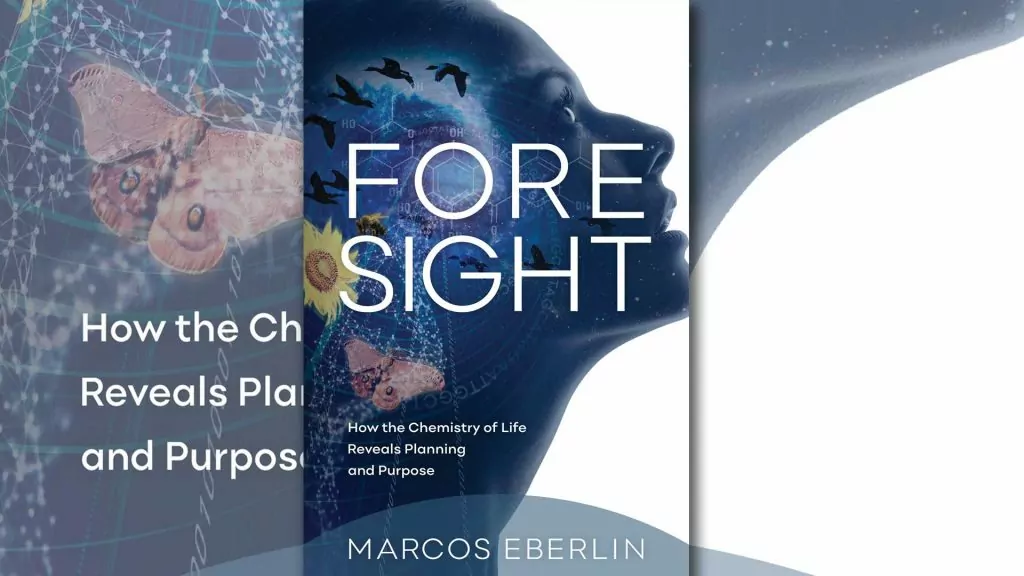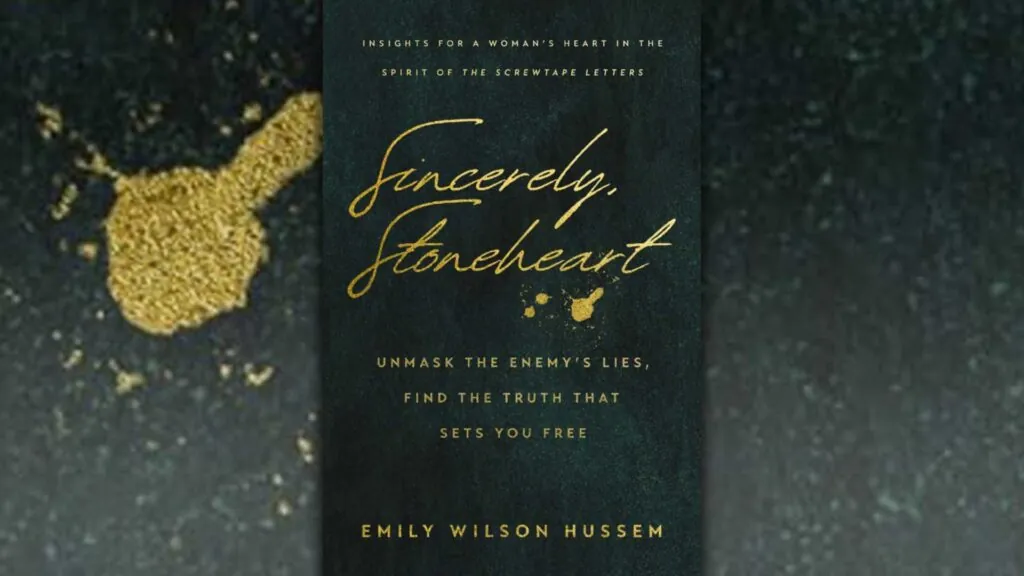by Nathaniel T. Jeanson
85 pages / 2019
How’s this for an intriguing thesis for a creationist book: Darwin got it right.
So what exactly is the “it” Darwin got right? Author Dr. Nathaniel Jeanson argues that in On the Origin of Species Darwin’s scientific argument/approach did successfully poke holes in creationism…but the 1859 version, which held that all the species were created exactly as they are, remaining unchanged.
This “fixity of the species” isn’t found in the Bible. God tells us He created “kinds” (Gen. 1:11, 21, 24, etc.) but why would we assume that has to mean species? We never see horses becoming deer, but we do see them becoming a whole host of different sorts of horses. So, might the “kinds” God created encompass larger groupings? We know, for example, that horses can breed with zebras. Might they belong together in the same “kind”? As Jeanson explains, this is how Noah could fit the animals on the ark: he didn’t have to take horses, zebras, and donkeys, but instead took a representative pair of horse kind, from which these threes species eventually descended. And the same for dogs, and cats, and more.
The author not only gives Darwin credit for highlighting the problems with a “fixity of species,” he wants today’s scientists to question like Darwin. Jeanson argues that if they used this same scientific critical approach it would back today’s creationism and tear down today’s evolution. Then scientists would find creationism has explanations for some of the same observations evolution is said to explain. And they would also find that evolution has problems that creationism does not when it comes to sexual procreation, rapid speciation, mitochondrial “clocks,” and more.
Made Simple is actually a simplified version of Jeanson’s 2017 Replacing Darwin: The New Origin of Species, which clocks in at 335 pages. The larger version is written for the skeptic, something you can give to a curious friend, and it is larger because skeptics have lots of questions – it is a thorough overview of the creation vs. evolution debate. And that’s also why it is the much more technical of the two. Both do require effort, but Made Simpler is probably accessible to anyone who had some high school science and is interested enough to put in the effort – the author describes it as the “Cliff Notes” version. Parts of the larger original are probably at a university level, but don’t let that dissuade you if the topic is of interest – you don’t need to (and I didn’t) understand every last little bit to find it fascinating.
So pick up a copy of Replacing Darwin Made Simple to get a good overview of a compelling argument: Darwin rebutted 1859 creationism, but would also do damage to modern-day evolution. And if you want to dig deeper (or have a skeptical friend) then pick up Replacing Darwin: The New Origin of Species.
You can also listen to Dr. Jeanson give a presentation on the same subject matter in the 1-hour lecture below.












